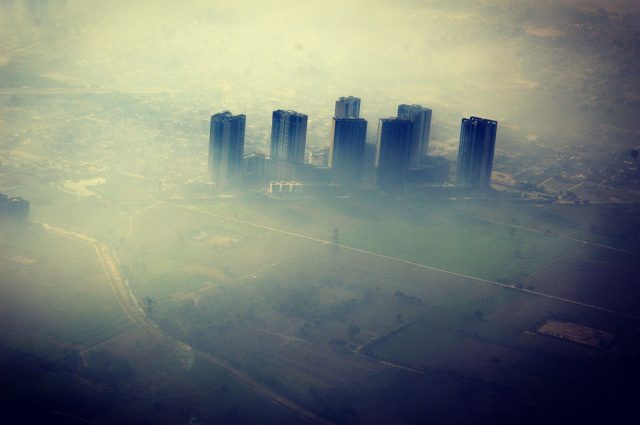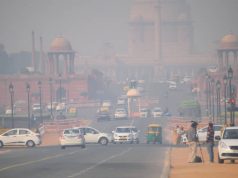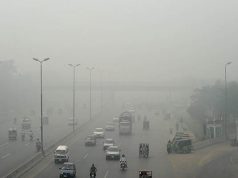CSR: Air Pollution Shortened Lifespan of an Indian Child by 30 Months
Air Pollution levels have been disturbingly high in India over the last few years. In fact, the majority of the top 20 cities with most polluted air are in India. This high level of pollution has shortened the life span of a child in India by 30 months, according to a report published by Health Effects Institute. Globally this reduction was at an average of 20 months.
The report ‘State of Global Air 2019’ said that exposure to outdoor and indoor air pollution has contributed to over 1.2 million deaths in the country in 2017. It also said that at a global level, air pollution was responsible for more deaths than other risk factors such as alcohol abuse, malnutrition or physical inactivity.
In India, air pollution is the third highest cause of death among all the other health risks, just above smoking. This means that people in the country die more of air pollution that of traffic injuries or malaria. According to the study, India and China combined were responsible for over half of the total global attributable deaths.
India has started various initiatives to address the sources of pollution. The Pradhan Mantri Ujjwala Yojana Household LPG program, accelerated Bharat Stage 6/VI clean vehicle standards, and the new National Clean Air Programme are some of those initiatives. These and future initiatives have the potential if fully implemented as part of a sustained commitment to air quality, to result in significant health benefits in coming years.
The report stated that about 3.6 billion people which represents nearly half of the total population of the world are exposed to household air pollution. This could be majorly because of the usage of solid fuels for household purposes. In India, about 60% of the population still uses solid fuels.
India is surely developing at a remarkable pace. However, a faster pace of development is required in the rural as well as the urban parts of the country to be able to control air pollution.
Thank you for reading the column until the very end. We appreciate the time you have given us. In addition, your thoughts and inputs will genuinely make a difference to us. Please do drop in a line and help us do better.
Regards,
The CSR Journal Team













